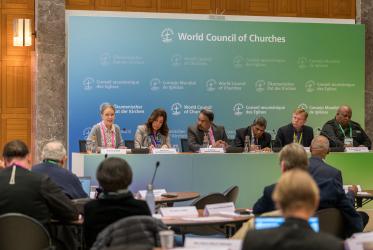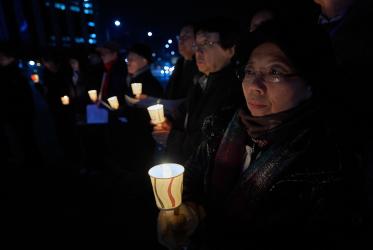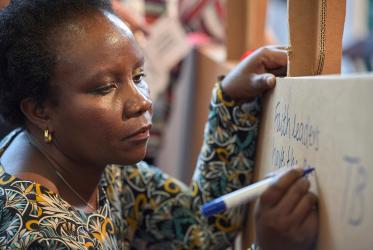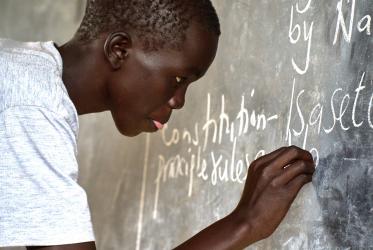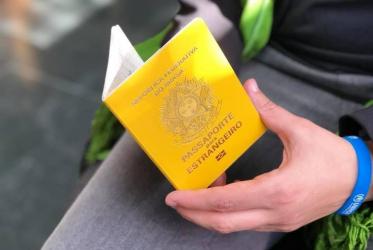Displaying 1 - 20 of 38
WCC submits comments on draft UN “Pact for the Future”
12 February 2024
WCC to participate in Commission on the Status of Women
02 March 2023
Unity is key when health crisis poses new challenges in Asia
28 February 2022
WCC honoured with Geneva Engage Award
01 February 2022
WCC will join global call for children’s return to school
19 November 2021
Climate crisis fuels existing water injustice
27 October 2021
